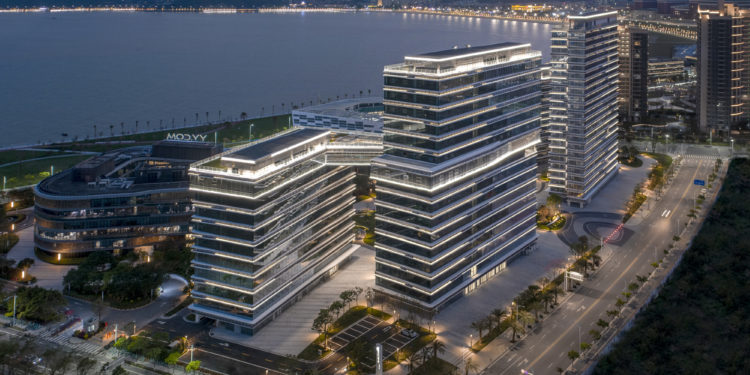Commercial hubs are key economic centres where business activities are concentrated. Exchange of goods and services takes place in these areas, which gradually evolve into urban areas. Examples in Kenya include Nairobi, Mombasa, Kisumu, Eldoret, and Nakuru.
These cities drive significant economic growth and development. Establishing a commercial hub involves several critical considerations to ensure its success and sustainability. Here are the main factors to consider:
- Location
Choosing the right location is paramount. The hub should be easily accessible with good transport links, including road, rail, and air connectivity, to facilitate the movement of goods and people.
Proximity to the target market or customer base is crucial to reduce transportation costs and enhance convenience. Additionally, the location should have adequate infrastructure, including power, water, internet connectivity, and waste management facilities.
- Economic Environment
A stable economic environment with favorable business policies and low inflation rates is essential for attracting and retaining businesses. Assess the market demand for commercial spaces through thorough market research to understand the needs and preferences of potential businesses.
- Regulatory Environment
Understanding local business regulations, including zoning laws and licensing requirements, is crucial. Competitive tax policies can also attract businesses to the hub, making it a more attractive investment destination.
- Cost Considerations
Evaluate the cost of land and property development to ensure they are within budget and provide good value for investment. Also, consider the ongoing operational costs, including utilities, maintenance, and security, to ensure sustainability.
- Workforce Availability
An adequate supply of skilled labor is critical for the businesses that will occupy the hub. Proximity to educational and training institutions can help in developing and maintaining a skilled workforce, enhancing the hub’s attractiveness.
- Technology and Innovation
Modern businesses require robust digital infrastructure, including high-speed internet. Proximity to research centers, universities, and innovation hubs can foster collaboration and innovation, making the hub a breeding ground for new ideas and technologies.
- Sustainability
Implement sustainable practices in the development and operation of the hub, such as energy-efficient buildings and waste management systems. Engaging with the local community and contributing to social and environmental causes can build goodwill and ensure long-term viability.
Thorough research is needed to ensure the above factors are well addressed to ensure the business center thrives. Stakeholder engagement is also key as this will dictate where the business hub will find support and acceptance within the community it is being erected.
















